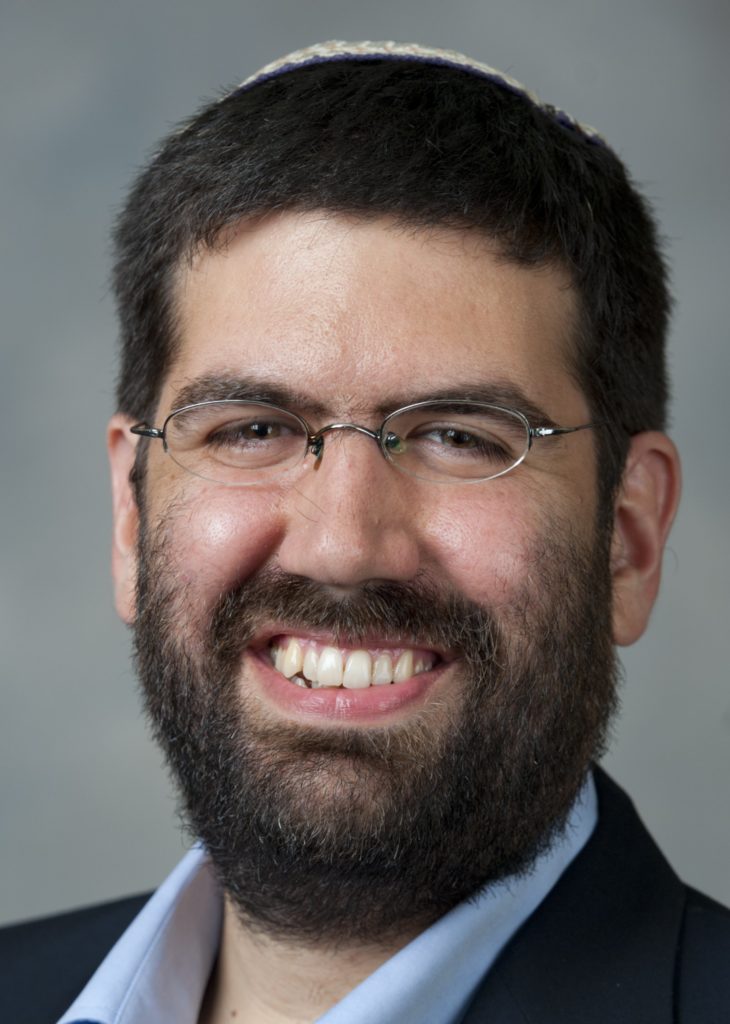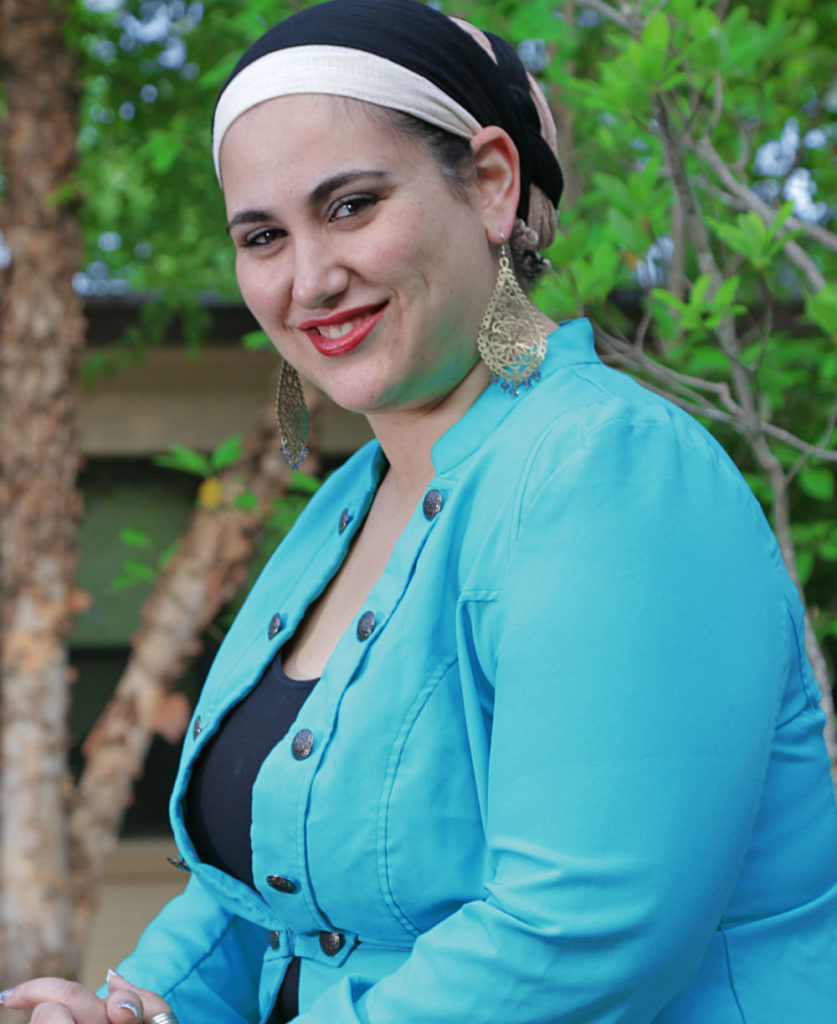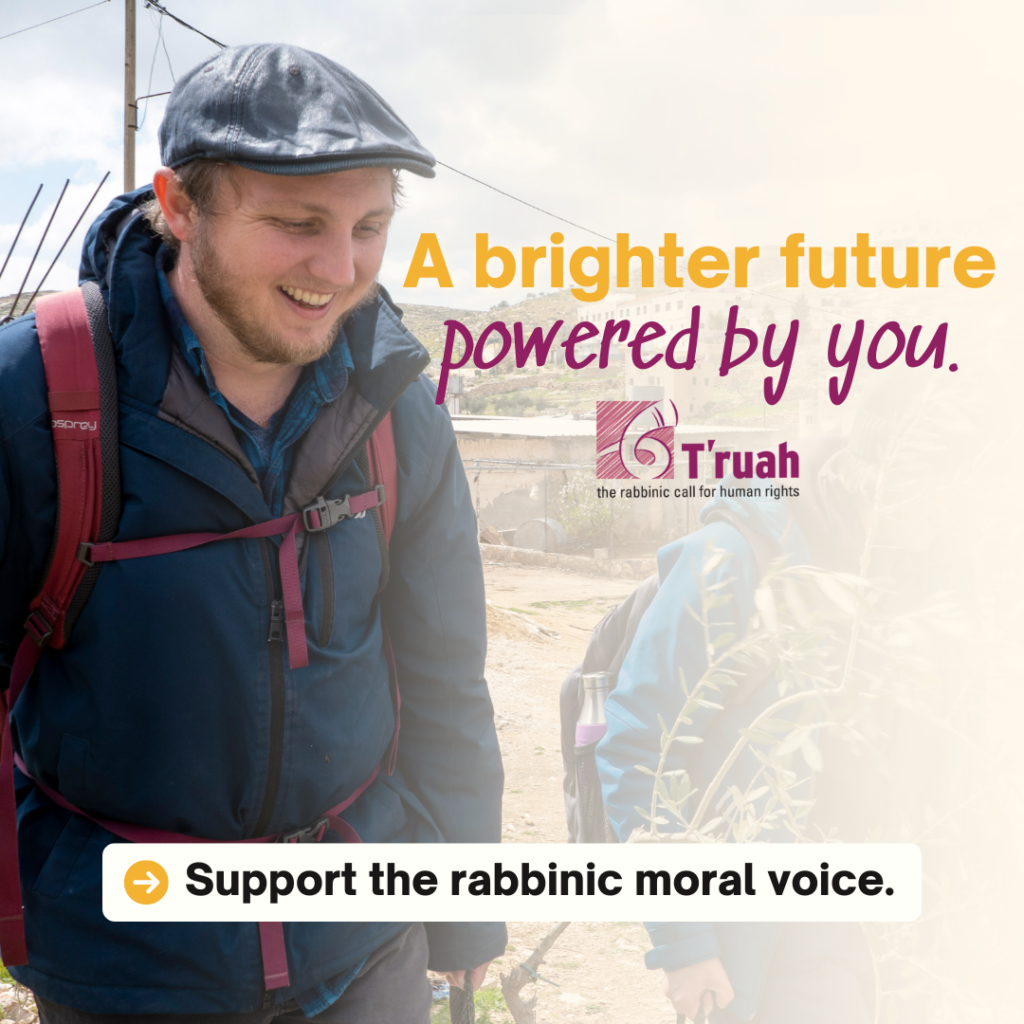
Babel and Bathrooms
Over the summer, we at Temple Micah joined the national conversation about bathrooms, who they are for, and how we talk about them. Our gender neutral bathroom taskforce had its first meeting, a conversation largely centering on labels and language. We all agree that a synagogue should feel safe and welcoming for everyone, and that...
read more










